|
by Dr. Cailin O'Hara, DACM, LAc, Dipl OM
In Times of Uncertainty:
|
| | |
So if you watched the video, you heard me explain that anxiety is completely normal. It is! But it can become an overwhelming spiral. Here's how you can stop it in its tracks.
Close your eyes and try this breathing exercise.
If you've been in recently, I may have taught this to you. If not, here's how it goes:
(count in your mind, not aloud)
- Breathe in as you count to 4
- Hold your breath and count to 4
- Breathe out as you count to 4
- Hold your breath and count to 4
As you are doing this breathing technique, you can also draw an imaginary box in your mind. Here's a video to help with that or ask me at your next session.
...
Other articles you may like...
The effects of picking yourself apart
"Disease" refers to a harmful condition or process that interferes with normal functioning- physically, emotionally, mentally.
...
Over the past decade or more, I have worked diligently to reverse that pattern.
And I have.
...
How do you feel about yourself?
What are the stories you’re telling about yourself, your value, your abilities?
Who do you believe yourself to be?
What do you believe you can and cannot do?
I think we all have an aspect of our minds that is callous, cruel or unsympathetic. It argues for our limitations, our weaknesses, our failures. It affirms our fears and picks us apart until we’re nothing but a pile of rejected fragments, totally severed from the truth of who we are and our innate worth.
...
We often aren't aware of how cruel our beliefs about ourselves are... nor how much they are limiting us or creating misery in our lives. If you're stuck in negative self-talk, you certainly won't be guiding your life in the best direction. You won't feel your best, either.
In order to dismantle negative self-talk, you need to dig up and throw out the inherent, underlying beliefs you hold about yourself that are generating your negative thinking.
Furthermore, your body is listening to your thoughts. So, what beliefs do you hold about yourself and how is this impacting your health? I can assure you that if you don't give a shit about yourself, your body will suffer.
...
Earlier in life, before I knew better, I believed this voice. It sent me down some dark roads.
Here's one example:
Before I was even 10 years old, I was critiquing my body constantly. I’d stare in the mirror and pick myself apart. In a few years, I was virtually devoid of love or concern for myself. Self-disgust and feelings of unworthiness fueled an eating disorder that nearly killed me. I survived quite triumphantly, finding a spark of love for myself that was there all along. The first thing I said while recovering in my early teens was this:
I knew the way out of that hell… and I wanted to show people that were suffering the way.
This was decades ago. I absolutely love my body now. My belly is happy, not flat. My thighs are strong, not disgusting. My stature is petite, not insignificant. And nothing about my worth stems from my body. In fact, my body has become my best friend because it always lets me know how I’m feeling and what I need. I treasure it and give thanks to it every single day.
...
Talk to the sad and rejected aspects of yourself. Treat your suffering like you would if you were tending to someone you deeply love. Until you start forging that kind of relationship with yourself, your suffering will continue. Why?
Because it will only be you who saves you.
...
Other articles you may like...
Releasing Held Traumas
You’re going to be surprised how obvious this is after I explain.
Some of the darkest, most intense cup marks I have seen were not on patients with pain but patients with significant past emotional trauma.
But you may wonder how emotions are related to your body.
Allow me to explain.
...
Emotional Imprints
Something happens to you that is jolting, shocking, upsetting, painful, etc.
(physically or emotionally)
STEP TWO:
It then creates an imprint in your physiology… a true shock to the system, if you will.
STEP THREE:
Your systems become blocked, impaired, sluggish.
(We refer to this as “stagnation” in Chinese medicine.)
STEP FOUR:
If nothing is done to move this stagnation, it continues to accumulate.
STEP FIVE:
You experience worsening physical and emotional symptoms.
STEP SIX:
You’re fed up and ready for legit healing.
STEP SEVEN:
You come to see me, and we opt for cupping.
STEP EIGHT:
I use a gentle, sliding method and we analyze the color and severity of the markings.
(the marks are not painful, FYI)
STEP NINE:
In a few days, you report feeling “brand new,” like a weight has been lifted off of you.
So, what does cupping do?
It moves stagnation.
...
Past Hurt, Be Gone!
You’re no longer carrying those remnants of whatever was causing the stagnation.
Whatever has happened to you emotionally may be significantly impacting your physical health. It may show up as physical pain, fatigue, digestive issues, headaches, PMS… you name it. We carry past pain with us, often unknowingly, and it colors our health, relationships, decisions and the way we see the world. Sometimes you don’t have to psychoanalyze your past trauma to death… you just have allow yourself to let it go.
...
An exorcism simply implies that we’re calling something up and out of your being that doesn’t serve you. Be gone, stagnant energy, past hurts and aching pain!
So, if you want to try something new, something profoundly effective and surprisingly gentle, you know where to find me.
-Cailin
Moving Past Fear and Into Your Own Power
"Feel the fear and do it anyway."
You certainly aren't who you were before it happened.
Who are you now?
What do you do with the fear, the pain and the grief?
It would be a relief if something could just take away how terrible you feel after a traumatic experience, but life doesn't work that way. And I would argue that going through the healing process can be one of the best and most empowering things you'll ever do for yourself.
...
Going Through It...
Here are the 4 essential steps you can take to help you move past fear and into your own power.
| Find someone that you enjoy talking to because if you don't have a good connection, it's a waste of your time. You won't feel safe and comfortable opening up to someone you don't particularly like. A counselor who is a good fit for you can make your journey "through it" a much easier and enlightening one. |
| If you're experiencing difficult emotions or haunting memories, it can be very overwhelming. Generally people disconnect (often unintentionally) from themselves, their bodies, their environments and/or their relationships as a way to cope with these overwhelming feelings. You may get stuck in a flight-or-fight response, feeling perpetually on edge that something horrible is about to happen. You may also experience flashbacks that cause you to lose touch with where you are and what's happening around you. |
...
Yoga/Tai Chi
Exercise/Movement
Meditation
Acupuncture
Wash the dishes :)
The Body Keeps the Score: Brain, Mind and Body in the Healing of Trauma by Bessel van der Kolk
The Body Remembers: The Psychophysiology of Trauma and Trauma Treatment by Babette Rothschild
Reinventing the Body, Resurrecting the Soul by Deepak Chopra
Minding the Body, Mending the Mind by Joan Borysenko
The Places that Scare You by Pema Chodron
| Developing a deep sense of compassion for yourself will take practice, but I promise you it is mandatory if you truly want to heal. Compassion means you learn how to soothe yourself. It means you're kind to yourself above all else. It means you don't make life worse for yourself by telling yourself negative things, stressing yourself out or putting yourself in unhealthy situations. |
Resting when you're tired
Soothing yourself with a bath when you're overwhelmed
Cancelling plans you aren't interested in
Listening to your needs
...
Most of us have this awful tendency to downplay our needs and our worth. If you have past trauma, this may be your tendency most of the time. You need you, above all else, in order to heal. So step up, be your own hero, and take the best damn care of yourself that you can. You will be amazed at how comforting it will feel when you finally treat yourself with the respect and love that you always deserve.
...
Other articles you may like...
My Approach:
Pillars of My Practice
"The body keeps the score. If the memory of trauma is encoded in the viscera, in heartbreaking and gut-wrenching emotions, in autoimmune disorders and skeletal/muscular problems...this demands a radical shift in our therapeutic assumptions."
-Bessel Van Der Kolk, MD
There are many methods, which generally involve counseling. Finding the right counselor for you can be invaluable when you're navigating PTSD, trauma and anxiety.
However, sometimes it's not enough.
Sometimes we need a more integrative approach to healing.
A patient is attempting to process a traumatic experience from years before. They feel like after that traumatic experience, they haven’t been the same. They don’t sleep well. They feel on edge. They experience a sensation of anxiety in their body that feels like they're shaking from the inside out. Sometimes their heart races, and they can’t feel their legs. These experiences impact their life every single day. They’ve been working with their therapist, and it helps quite a bit, but they aren’t making the progress they want to make. And sometimes, talking about their experience worsens their anxieties.
The traumatic experience could have been emotional, physical, environmental, sexual… the effects are similar in all cases. Fear, hypervigilance, sleep disturbance and feeling disconnected from yourself, your body or your life are some examples of the effects of trauma.
Pillars of My Practice
Healing at the Root
I practice a fusion of medicine rooted in Traditional Chinese Medicine (TCM).
According to TCM, everything is connected: mind, body and spirit. In fact, working with the emotions and our “spirit” is considered an essential aspect of treatment for any symptom or disease in TCM. Your spirit is the essence of who you are and what makes you uniquely you. This aspect of Chinese medicine is the foundation of my practice of medicine.
I see everything as interconnected. |
Another core aspect of my approach is what I refer to as “body-centered medicine,” which means I treat the body in order to affect the whole being.
This method is based on the fact that our body holds our history. It is also rooted in the idea that we all possess the innate ability to heal. Working with the body creates a powerful healing effect across all levels: physical, mental, emotional and spiritual.
In order to access our own healing potential, we must restore harmony to imbalanced systems in the body and mind. |
Why is working with the body so powerful when it comes to balancing emotions and healing past trauma? It treats the roots of emotional experience.
A primary condition we treat through the lens of TCM is called stagnation. Stagnation implies there is some sort of holding pattern that is creating a lack of movement, which then creates an array of symptoms (from pain to anxiety to fatigue and so on). Without healthy movement and flow in our bodies or minds, disease and bothersome symptoms arise.
In the case of trauma, an experience or event sends a shockwave through our entire system that has lasting effects of stagnation. We can become "stuck" or stagnated in the experience- physically, mentally and emotionally. But here's the amazing part... we can treat the roots of trauma and anxiety by unlocking these stuck places in the body.
This means that the effects of traumatic experiences that have become stuck in a holding pattern in our body and minds finally have the opportunity to be set free. |
We let it move through us, and then we let it go.
Interested in working with Cailin?
Schedule a complimentary consultation.
The Body is Our Story-Teller
“…our bodies are the agents by which we exist in the world. They are also the receptacles of memories that, often vanished from our conscious awareness, are still deeply etched within our being. When those memories are triggered, we experience suffering at a highly existential level that transcends consciousness.”
"Trauma victims cannot recover until they become familiar with and befriend the sensations in their bodies."
-Bessel Van Der Kolk, MD
"Body-Centered Medicine"
| On every level, our body tells our story. When you don’t honor the power and innate intelligence of the body, you’re missing the point in providing medicine. |
The Only Place You Can Heal
Connecting with the body in order to heal the whole person has proven in my practice to be a deeply transformative way of healing.... |
Interested in working with Cailin?
Your first consultation is free.
A Step-By-Step Guide for a Positive Acupuncture Experience
Step 1: Do your research
. . .
1) Can you tell me about your training and credentials?
A) go through rigorous study and training over the course of 3-4 years to acquire a master's degree in Chinese medicine and
B) pass board exams to become board certified
In addition to education and credentials, ask about your acupuncturist's additional trainings and areas of focus. This will give you a better understanding of their interests and what you might expect with treatments.
. . .
2) What is an appointment with you like?
. . .
3) What are your treatment types or specialties?
Step 2: Choose an acupuncturist
. . .
Do we resonate well together?
Do I feel heard and understood?
Do I feel like I can ask questions and get clear answers?
. . .
Step 3: Schedule an appointment
. . .
Does acupuncture hurt?
What if I'm afraid of needles?
. . .
Acupuncture is an experience. It generates sensations in the body. It can soothe the mind and neutralize pain. You may feel buzzing, tingling or heaviness where the needles have been inserted. You may be overcome with a sense of deep relaxation and enter a dreaming state. However, the needles are so thin that you may not even notice them at all.
. . .
Questions? Contact us!
Answers to your most commonly asked questions...
How often do I need to come in for treatments?
Do you make a treatment plan?
How soon can I expect to feel better?
Will my symptoms come back if I stop acupuncture?
The short answer: no, you don't have to keep receiving treatments if you feel better. Most people want to keep it up because they love the way it makes them feel, but all of your anxieties don't come flooding back in if you miss a treatment. The aim of acupuncture and Chinese medicine is to heal the imbalances that are causing your symptoms. As you learn what these are for you and receive treatments, you evolve and heal. And as this happens, your symptoms will change and fade.
Do I have to believe it will work?
Still have a questions about treating anxiety with acupuncture? Contact us!
So...How Does Acupuncture Treat Anxiety?
Rule #1: We do not diagnose you with “anxiety.”
Examples of Patterns Treated
in Chinese Medicine:
- Pattern A) difficult time falling asleep at night, dry eyes and hair, vivid dreams, PMS symptoms, tends toward constipation, experiences anxiety as panic attacks with racing heart
- Pattern B) wakes feeling groggy, craves sugar, abdominal bloating, mid-day fatigue, foggy-thinking, experiences anxiety as excessive worry (often while trying to fall asleep)
- Pattern C) frequent flushing in the face, headaches, neck tension, tendency toward irritability, rapid heartbeat, experiences anxiety as tightness in the stomach and shortness of breath
Do any of these sound familiar to you? Notice each pattern's array of symptoms and how they all experience anxiety differently. |
Rule #2: Your patterns represent areas of underlying imbalances in your physiology and your being.
Everything is connected. A single stressful experience can take a toll on all of our systems and create imbalances that can become more severe over time if left untreated. |
Rule #3: Acupuncture can access the body's innate ability to heal and restore harmony to imbalanced systems.
How often do I have to come in for treatments?
How long will it take until I feel better?
Will I have to rely on acupuncture for the rest of my life?
Next time we'll talk about what a treatment plan looks like and just how quickly you'll start to feel better.
Stay tuned and take good care of yourself.
We have all experienced pain. Nearly everyone is in some kind of pain at some time... and for some of us, it just won't stop. Today we will look at one very important principle in working with our pain. This key to working with and healing our pain comes from Chinese medicine (think acupuncture and herbal medicine), what I study and practice in my clinic. There is a reason why you keep hearing or reading about acupuncture in the news and how it helps people in pain. It does! But pain doesn't just mean physical pain... we are talking pain on every level.
But how? And why? Big questions! But first…
Let’s talk about pain.
Pain is a Signal
What kind of pain do you feel?
What is it? Where do you feel it? It is from an old injury? Is it new? It is in your stomach? Your chest? Is it a result of emotions? Past abuse? Does it keep you up at night? Does it distract you from your work? Interfere with your relationships? Is it sharp or dull? Does it come and go?
Pain is an alarm alerting us that something isn’t right in some way. That sounds simple, but think about it. Pain is a signal. It is what we do with that signal that makes all the difference in our experience of our pain. And let’s be real- what we really want to do is END it, make it stop once and for all! But for those of us who have experienced pain, which I imagine is everyone, we have learned that there aren’t many quick fixes to make pain stop immediately and for good. So what can we do for ourselves? What are our options?
Pay Attention to Your Pain
First of all, we have to dial into the pain signal, really pay attention to it, and figure out what it needs in order to make it stop. Not all pain is the same, so it shouldn’t be treated in the same way. If you bang your knee on your dresser in the middle of the night, that feels a lot different than if your back aches from working long days lifting boxes, which also feels a lot different than the hurt we feel when someone betrays us. Each of these scenarios is an experience of pain, but they are vastly different, and should be treated differently. Makes sense, right?
Once we figure out the type of pain we are experiencing, we are better able to address it. This is one reason why using Chinese medicine, acupuncture and herbal medicine can be so beneficial. The treatments for pain are not one size fits all. The treatments depend entirely on what kind of pain you’re experiencing.
Why Pain Happens
The key when working with pain is to remember this: you hurt because something is blocked. Blood, circulation, hormone production, feelings, thoughts- something isn’t moving freely. Where things once flowed freely, there is now a blockage. It could be physical, like an injury to your shoulder that causes pain. It could be emotional, like persistent anxiety after a stressful experience (PTSD is an example). The idea is that something happened, some kind of impact, and where that impact occurred is where things have stopped moving properly. In Chinese medicine, we refer to this as “stagnation.” And stagnation (of many varieties) is the most commonly diagnosed condition in Chinese medicine.
So how do you treat it?
Flowing Freely Again
We have to restore movement where movement is blocked in order for pain to fade. How do we get things moving? One of the powerful effects of acupuncture is its ability to help restore flow and balance in the body. For instance, your chronic neck ache can be alleviated with acupuncture because it helps to clear up the stiffness and congestion that are causing your neck to hurt. Your grief that sits in your chest and weighs you down can be alleviated with acupuncture because it helps to move what has become stuck.
Pain makes us feel stuck, like we can’t move freely, like we can’t live our lives in the ways that we want. It feels like our pain is holding us back. THAT is stagnation. We have all felt it in some way, probably many ways and many times. When it doesn’t go away on its own, when we can’t un-stick ourselves, that’s when the power of Chinese medicine can really come to our aid and help us flow freely again.
Feel free to email us with questions or comments. And stay tuned for part two!
-Cailin O’Hara, MAcOM, LAc, Dipl OM
Author
Dr. Cailin O'Hara, DACM, Dipl OM, LAc, is a nationally board certified Doctor of Chinese Medicine and Acupuncture, intuitive and coach. She is based in Phoenix, AZ, and works with clients worldwide.
Archives
March 2022
August 2020
April 2020
March 2020
October 2019
August 2019
July 2019
June 2019
May 2019
April 2019
March 2019
February 2019
January 2019
November 2018
October 2018
September 2018
May 2018
April 2018
January 2018
December 2017
November 2017
October 2017
September 2017
April 2017
March 2017
January 2017
Categories
All
Acupuncture
Anxiety
Back Pain
Chinese Medicine
Chronic Pain
Cosmetic Acupuncture
Cupping
Depression
Does Acupuncture Hurt?
Eating Disorders
Emotional Trauma
Empowerment
Energy Healing
Facial Rejuvenation
FAQs
Fatigue
Fear
Fibromyalgia
Food
Grief
Healing
Intention
Intuition
Journaling
Law Of Attraction
Letting Go
Meditation
Neck Pain
Nutrition
Pain
Panic Attacks
PTSD
Recipes
Sciatica
Self Care
Self-Care
Self-Esteem
Self Love
Skin Care
Stress
Truth

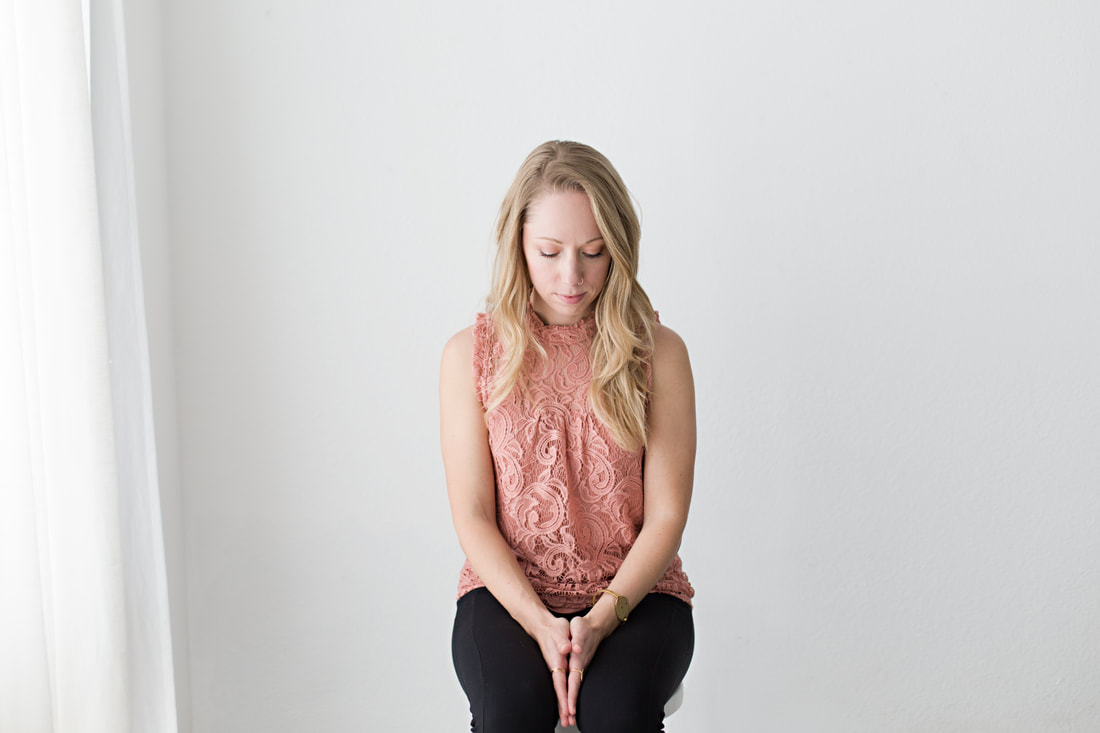
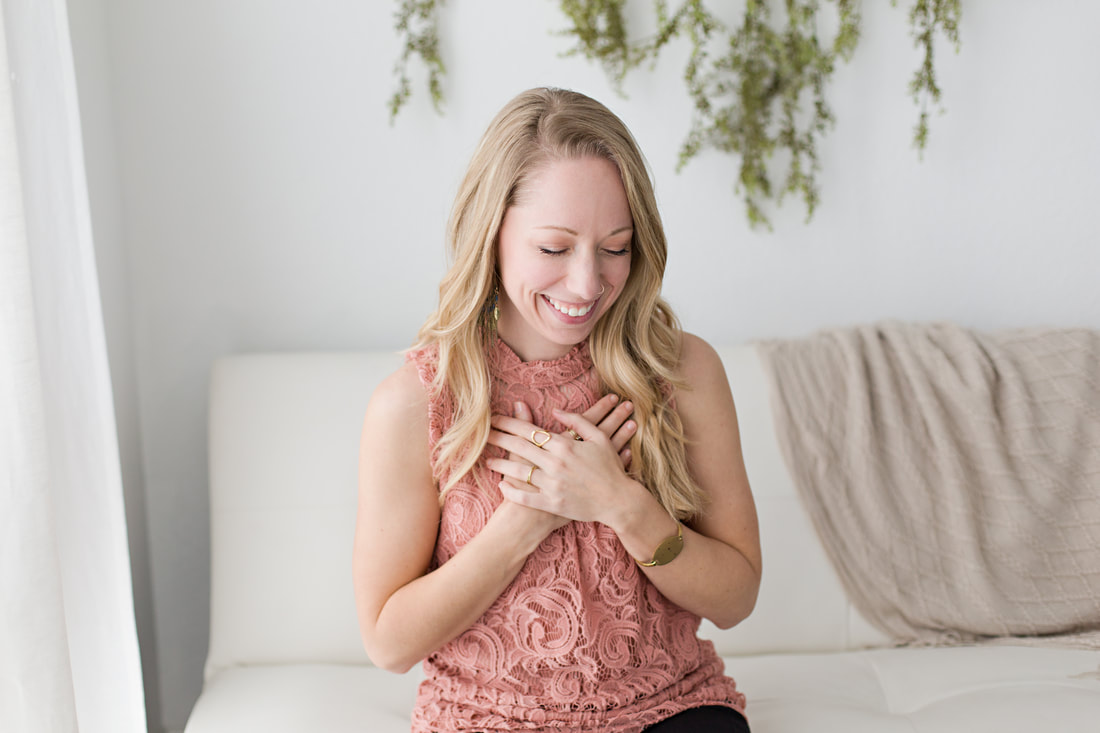
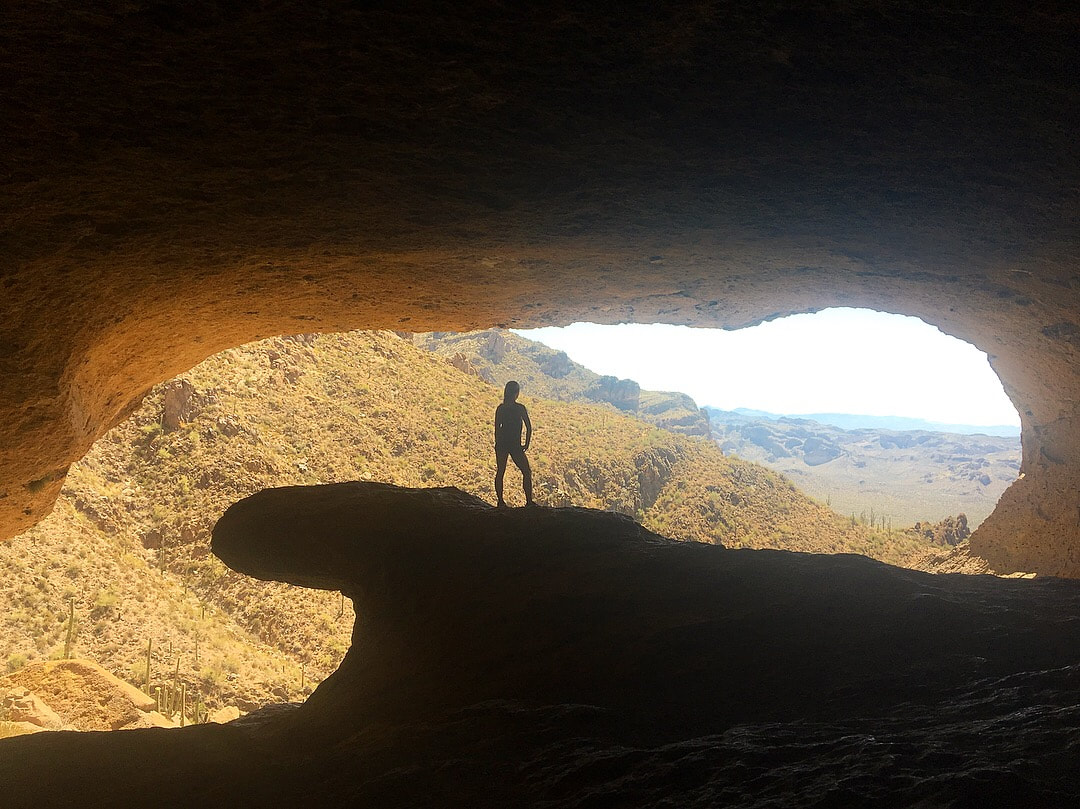

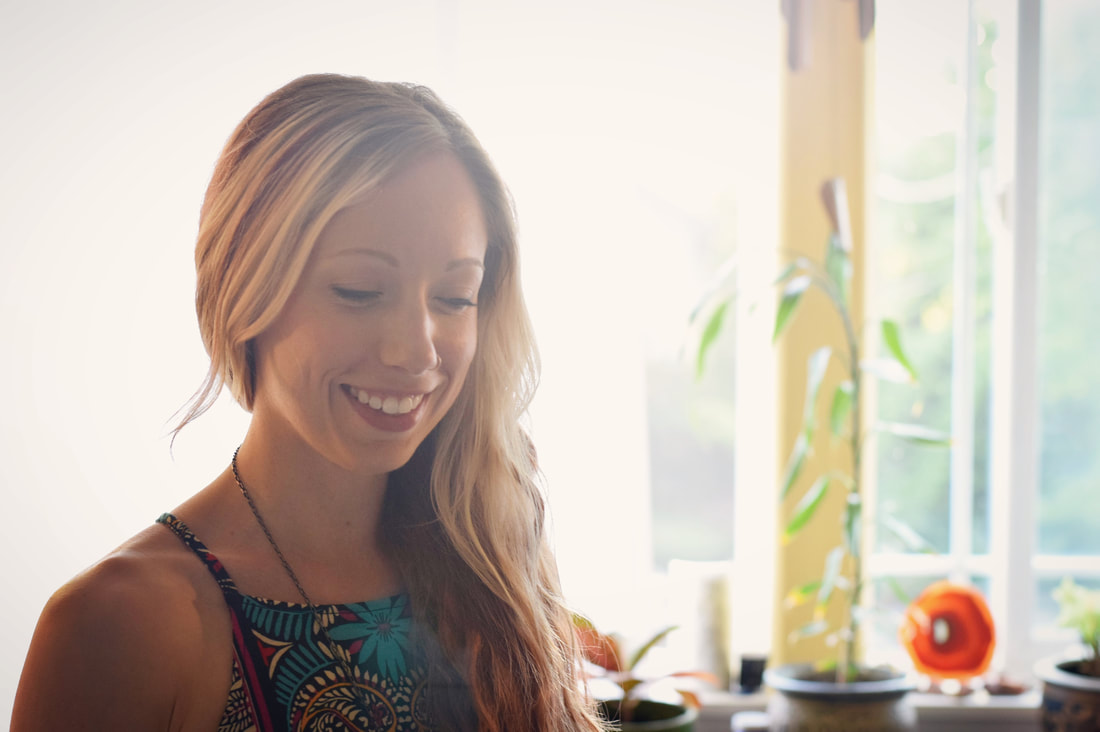
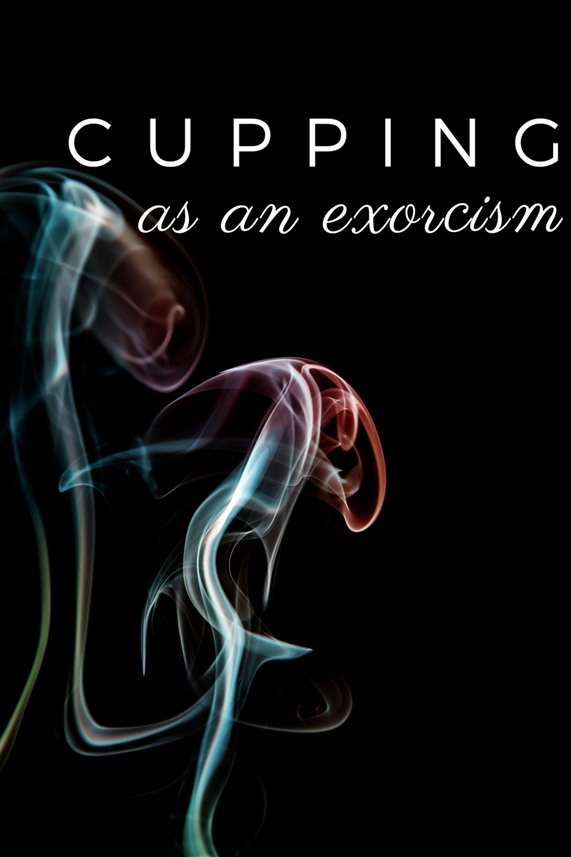

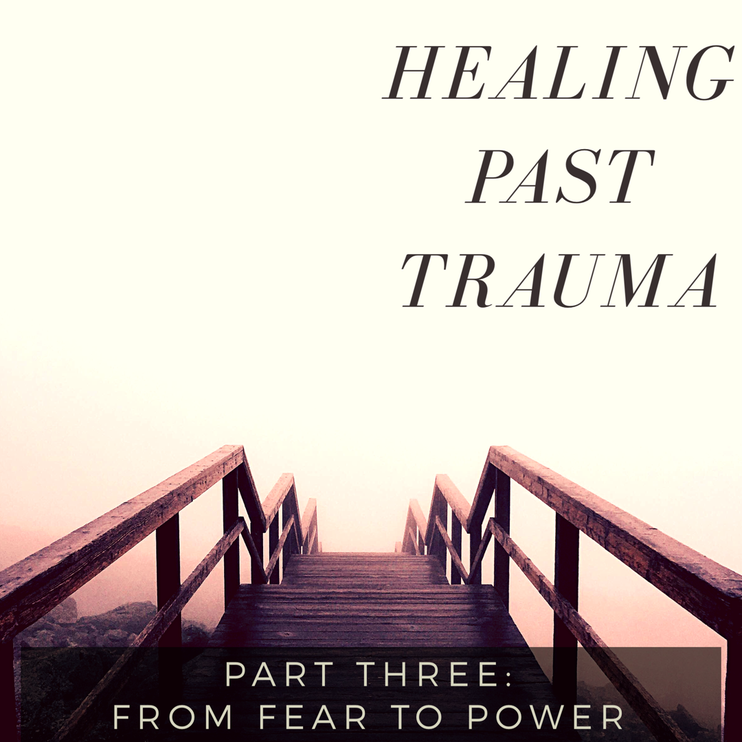



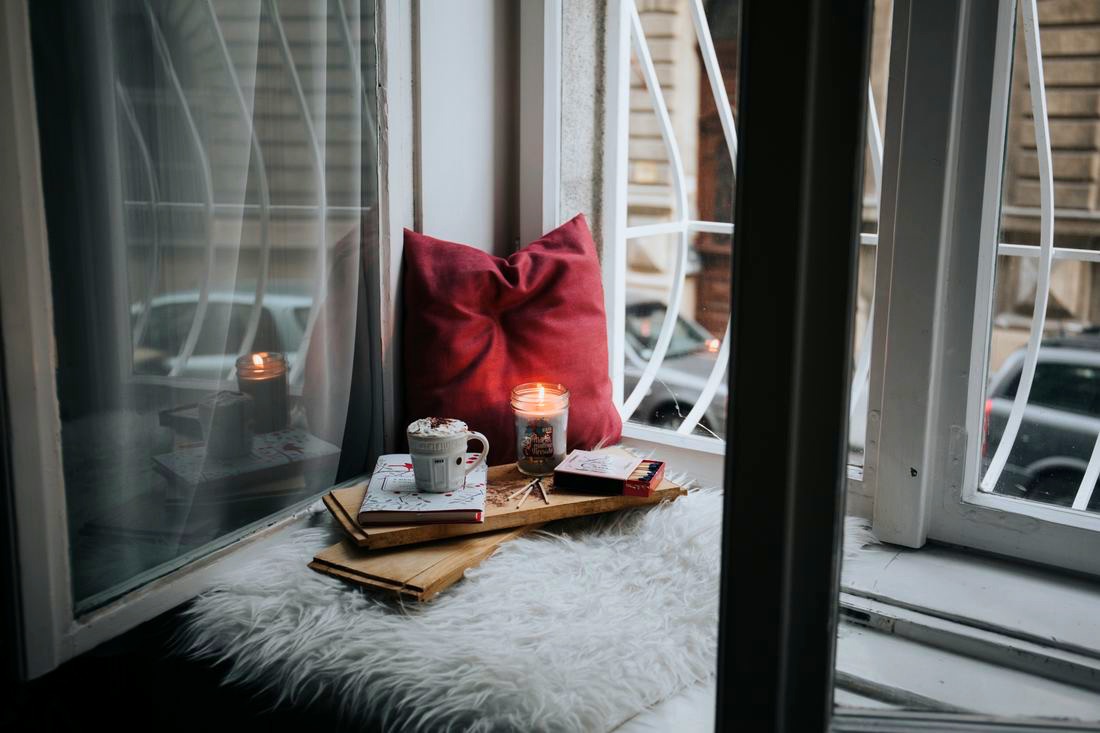
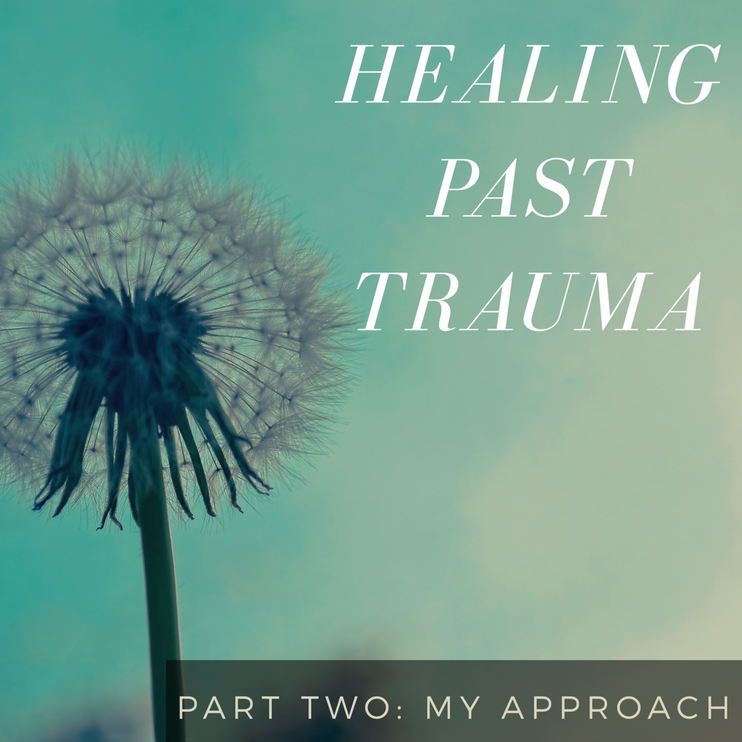

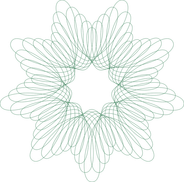
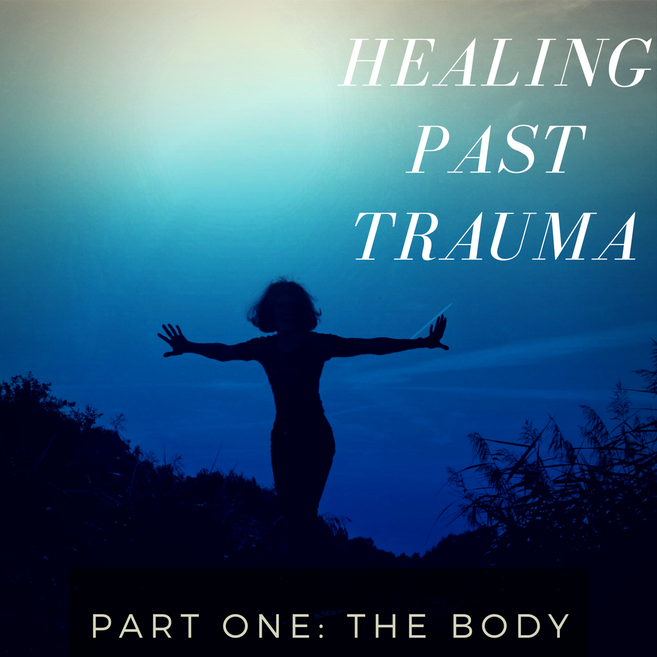
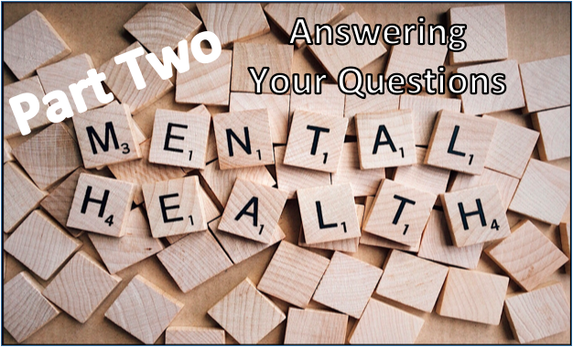


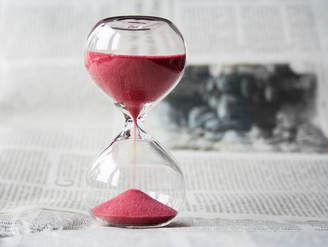

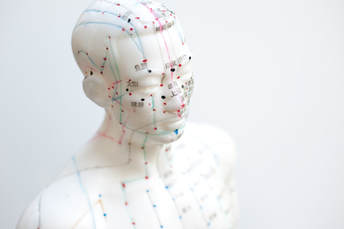
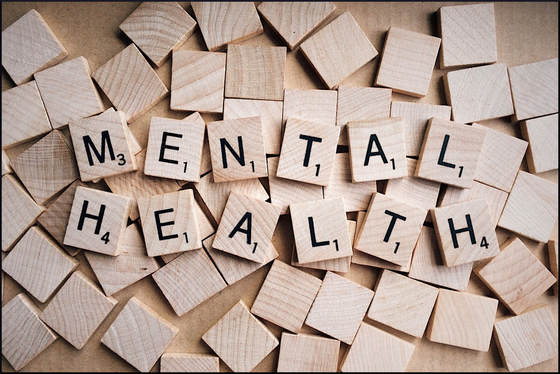
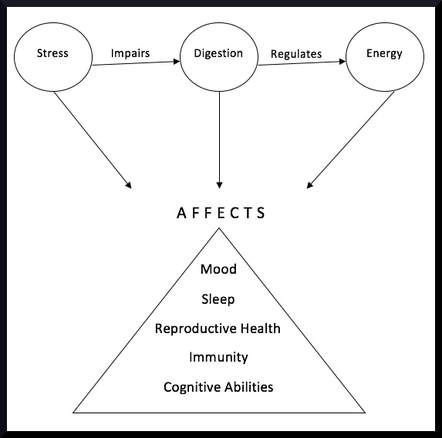


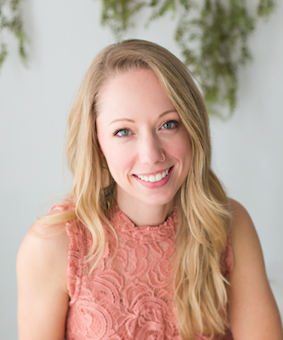
 RSS Feed
RSS Feed